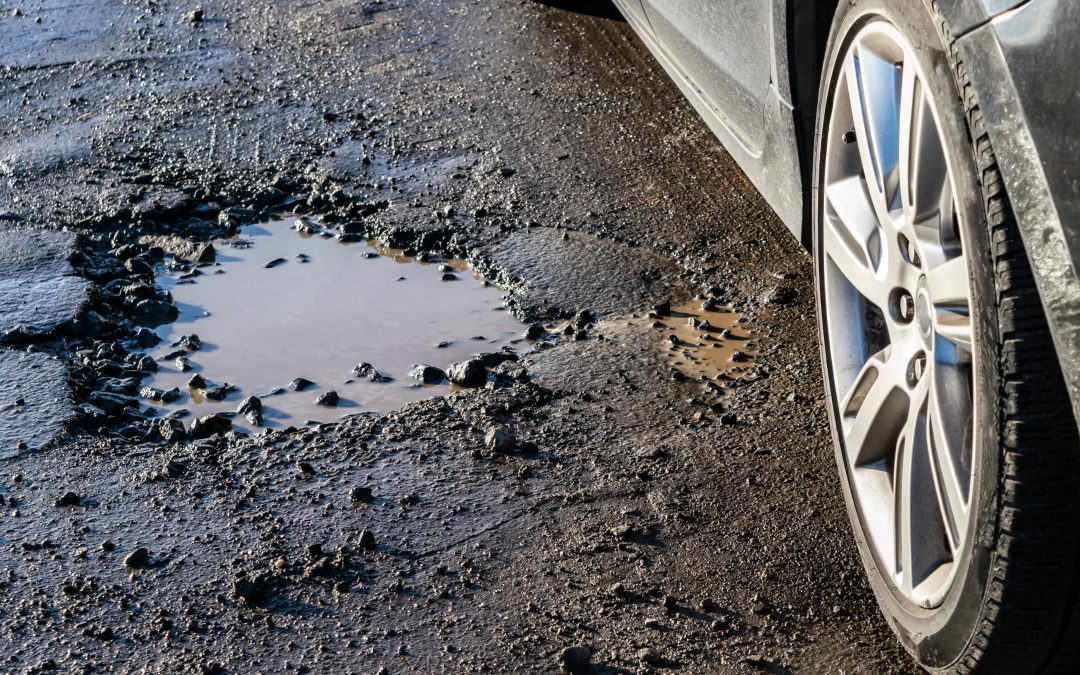Infrastructure is something everyone wants and needs. Yet, securing funding for it is always elusive.
In 2018, Michigan received a D grade for the state of its infrastructure. Thanks to new funding streams, improvement have been made and the next report is likely to show marginal improvements. However, leaders say more needs to be done and more money needs to be dedicated to infrastructure both above and below the ground.
Kathy Crosby told 7 Action News, she recently had to spend $800 dollars to fix her car thanks to shoddy infrastructure.
“I would like to see a lot improved. Because like I said, I just had the front end done on my car from that. And I notice a lot of people on the side of the road with flat tires,” said Crosby.
She has a message for policy makers.
“Fix the roads so we don’t get these flat tires and improve everything else. Especially the bridges, because you see chunks falling off the bridges,” Crosby said.
Sandy Baruah, the CEO of the Detroit Regional Chamber, knows exactly where the state stands.
“Our overall infrastructure grade in the state of Michigan, we’re a D+ bordering on a C-. You know, that’s not a winning grade in the 21st century,” admitted Baruah.
He explained how the state got to this point.
“So we have underinvested in infrastructure both at a national and a state level for a long time now. We’re talking a generation or more now and it’s really showing,” said Baruah.
He explained Michigan needs to compete not just nationally, but also internationally.
Baruah acknowledged work is getting done, thanks to funding help from the Rebuilding Michigan Plan, which began in 2020, and the Infrastructure Investment and Jobs Act, signed into law at the end of 2021.
“We’re getting investments now from the state and federal government. That’s good. We’re very grateful for that. But we need a more permanent funding source to really make the infrastructure improvements we need to make,” Baruah said.
He’s right. When speaking specifically about Highway Program Investment, funding sources are already decreasing in 2023 from 2022 levels. Additionally, unless new money is added, funds drop off significantly, by over a billion dollars, in 2024.
Ron Brenke is the Executive Director of the American Council for Engineering Companies (ACEC). He applauds what the Rebuilding Michigan Plan has accomplished when it comes to the roads.
“Those are great projects because they’re total reconstructs. You know we’re not putting a couple inches of asphalt overlay. We’re rebuilding those pieces of infrastructure right to the ground and those are going to be there for 30-40 years down the road,” said Brenke.
He said the American Society of Civil Engineers is expected to come out with their new report card soon.
“I think you’re definitely going to see some improvements in some areas. But there is a ton of infrastructure that is still really in poor condition,” admitted Brenke.
For instance, one of the areas of infrastructure that got the worst grade in the 2018 report, a D- was storm water systems.
“You know there’s no dedicated funding source for storm water infrastructure,” explained Brenke.
He said his means it constantly gets neglected and doesn’t see repairs.
Brenke said Michiganders need to get creative about finding new funding sources and change the way they look at infrastructure everywhere.
“It’s something we take for granted quite frankly. You know, every day people flush the toilet and just expect it’s going to work and go to lakes and expect everything is going to be clean and pristine,” said Brenke. “It needs constant maintenance, and it needs constant investment.”
This article appeared in WXYZ. For more, click here.

